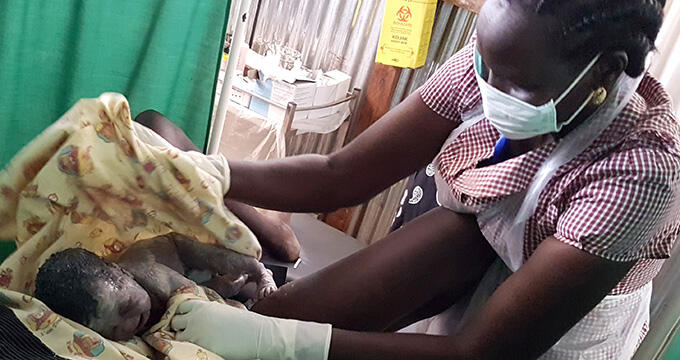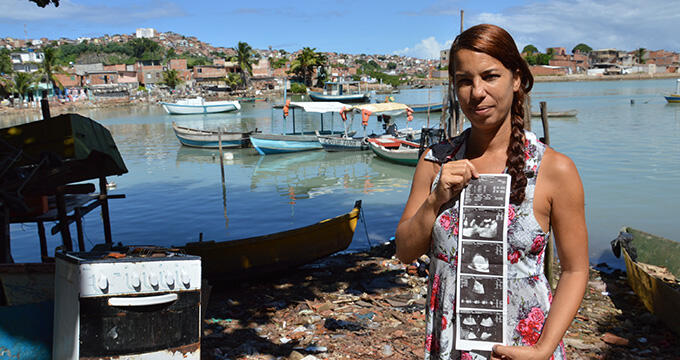
Global Highlights
- At the onset of the COVID-19 outbreak, UNFPA recognized the potentially devastating effects of the pandemic and mobilized rapidly. By the close of 2020, the organization continued to strengthen its efforts, as the pandemic raged around the world.
- The pandemic has sharpened focus on UNFPA’s lifesaving work. Women and girls are disproportionately affected by humanitarian crises; sexual and reproductive health services are interrupted; gender-based violence has skyrocketed; and the need for mental health and psychosocial support is on the rise.
- Women and young people are also the frontline responders and change makers. UNFPA will continue investing in their efforts, locally and nationally.
- To meet the rising humanitarian needs, UNFPA launched an appeal of $818 million in December, its largest ever, to meet the needs of approximately 54 million women, girls and young people, in 2021.
- In 2020, UNFPA assisted over 10 million women, girls and young people with lifesaving sexual and reproductive health care and services to address gender-based violence. This includes over 7 million women reached in 53 countries with sexual and reproductive health services, 4.4 million people in 49 countries with family planning supplies and services, and 2.8 million people with services to address gender-based violence.
- During this pandemic, UNFPA has adapted to alternative modes of working and innovated its financial, programme and technical support, in coordination with governments, the UN system and national and local partners. These efforts are guided by a body of technical guidance that was developed to support UNFPA and partners’ work globally, and adapted to local needs in some instances. To assure broad access to population data for the pandemic and relevant vulnerability factors, UNFPA created the COVID-19 Population Vulnerability Dashboard.



